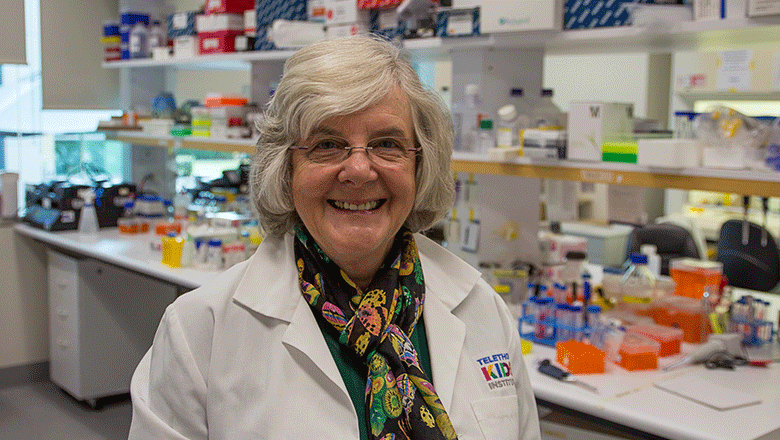Search
Research
The stark reality of rheumatic heart diseaseThis editorial refers to ‘Characteristics, complications, and gaps in evidence-based interventions in rheumatic heart disease: the Global Rheumatic Heart...
Research
Efficacy, safety, and immunogenicity of the human papillomavirus 16/18 AS04-adjuvanted vaccine in women older than 25 yearsWe report data from the interim analysis of the ongoing VIVIANE study, the aim of which is to assess the efficacy, safety, and immunogenicity of the HPV...
Research
Surveillance of antenatal influenza vaccination: Validity of current systems and recommendations for improvementAlthough influenza vaccination is recommended during pregnancy as standard of care, limited surveillance data are available for monitoring uptake.
Research
Bacillus Cereus Bacteremia and Multiple Brain Abscesses During Acute Lymphoblastic Leukemia Induction TherapyBacillus cereus can cause serious infections in immunosuppressed patients. This population may be susceptible to B. cereus pneumonia, bacteremia, cellulitis,...
Research
Updated model of group A Streptococcus M proteins based on a comprehensive worldwide studyGroup A Streptococcus (GAS) M protein is an important virulence factor and potential vaccine antigen, and constitutes the basis for strain typing (emm-typing).
Research
Group A streptococcal vaccines: Paving a path for accelerated developmentVaccine prevention of GAS infections and their immunological complications has been a goal of researchers for decades.
Research
Progress toward a global Group A streptococcal vaccineThe desire for an effective vaccine arises from the large burden of disease caused by the bacterium, particularly rheumatic fever and rheumatic heart disease.
Research
Preventing urinary tract infections in early childhoodUrinary tract infection (UTI) is common in children, causes them considerable discomfort, as well as distress to parents and has a tendency to recur.
Research
A national prospective surveillance study of acute rheumatic fever in Australian childrenAcute rheumatic fever (ARF) is an important cause of heart disease in Indigenous people of northern and central Australia.

News & Events
Jennie Blackwell made a Fellow of the Australian Academy of ScienceProfessor Jenny Blackwell has been made a Fellow of the Australian Academy of Science, an honour reserved for the very best scientists in the country.
